US government still unclear on foreign research ties, audit says
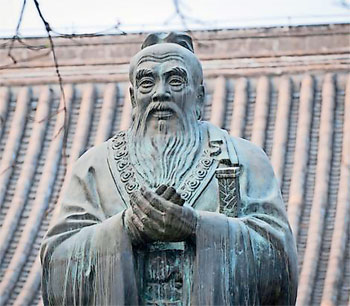 The Trump administration is headed out of office still pressuring academic scientists over foreign research partnerships, but without meeting its pledges to make the rules clearer and more consistent. A new analysis by the US Government Accountability Office, the main auditing body of Congress, has affirmed an inconsistency in disclosure rules across key funding agencies, and found a general failure to address “non-financial conflicts of interest” such as working for multiple employers. The two funders with especially heavy involvement in militarily sensitive work – the departments of Defense and Energy – appear to have no agency-wide policies requiring researchers to disclose financial interests when applying for grants, the GAO said.
The Trump administration is headed out of office still pressuring academic scientists over foreign research partnerships, but without meeting its pledges to make the rules clearer and more consistent. A new analysis by the US Government Accountability Office, the main auditing body of Congress, has affirmed an inconsistency in disclosure rules across key funding agencies, and found a general failure to address “non-financial conflicts of interest” such as working for multiple employers. The two funders with especially heavy involvement in militarily sensitive work – the departments of Defense and Energy – appear to have no agency-wide policies requiring researchers to disclose financial interests when applying for grants, the GAO said.
As such, the auditing office said, “universities lack sufficient guidance to identify, assess and manage conflicts appropriately when working on grants funded by these two agencies”. The GAO issued the report amid new indicators of failure in the US approach to research competitiveness, which includes a still-growing campaign to criminalise the alleged failures of US scientists to disclose research ties with China. The latest example is Gang Chen, a Chinese-born nanoengineering professor at the Massachusetts Institute of Technology.
He was accused of collecting millions of dollars in US government grant money – from funders that include the departments of Defense and Energy – while secretly aiding Chinese government research activities. US university leaders have repeatedly backed the need to enforce rules designed to protect the country from thefts of intellectual property. But they’ve also called for greater clarity on what is allowed, and warned against alienating the thousands of scientists from China and other countries who study and work in the US, and thereby help the US overcome its own decline in research funding and domestic student output.
The GAO study helps illustrate that complicated mix of challenges, said Tobin Smith, vice-president for policy at the Association of American Universities, the main grouping of elite US research universities. “Our problem is, if you have five different policies and five different ways to do it, it only confuses our faculty, and makes it very difficult for institutions to comply,” Mr Smith said. “It’s much easier if these rules are consistent, and there’s no reason they ought not to be.” The White House’s Office of Science and Technology Policy has been working across federal agencies to harmonise disclosure rules.
But the Trump administration waited until nearly halfway through its term before choosing Kelvin Droegemeier to head the science office, and its time may expire before Joe Biden becomes president. “It got very close, and I don’t know that it will come out,” Mr Smith said of rules overhaul. It was also unclear how the new Biden administration will handle the topic, Mr Smith said. The main military spending bill recently approved by Congress does, however, require continued efforts to clarify the rules, he said. An underlying problem, many experts have said, is the US practice in recent years of insufficiently funding academic work in basic scientific research and then blaming China and other countries for the resulting competitive decline.
A new report from the analytics services company Clarivate shows US research becoming less efficient with the money it has, and facing serious danger of falling behind globally in key research areas. The US, said Jonathan Adams, the chief scientist at Clarivate’s Institute for Scientific Information, was simply growing too dependent on imported research talent. That is extremely risky alongside a country such as China with four times the population, said Norman Augustine, a leading expert on the risks facing US scientific competitiveness.
A former US Army undersecretary and chief executive of the Lockheed Martin Corporation, Mr Augustine largely pins US woes on its own strategic investment policies. More than half of China’s undergraduate degrees are in the sciences, compared to less than a fifth in the US, Mr Augustine told a forum hosted by the Center for Strategic and International Studies. And China already has overtaken the US in awarding doctorates in science and engineering, he said. “China sets goals for science. Furthermore, they meet those goals,” Mr Augustine said. Catching up after falling behind China will be very difficult, he said. “It may not even be possible,” he said. The arrest of Professor Chen, meanwhile, shows the US government is focused on alleged deception.
It follows the academia-shaking arrest one year earlier of Charles Lieber, a professor of chemistry at Harvard University, on similar charges, even though Professor Lieber’s work in China was openly publicised. Attorneys for both professors have promised to aggressively defend their clients against the charges. While not commenting on the Chen and Lieber cases, Mr Smith said that many scientists facing official scrutiny came to the attention of US investigators by complying with Chinese government demands that they credit China’s funding in their research publications.
A coalition of political advocacy groups joined by some scientific associations sent a letter earlier this month to Mr Biden urging him to halt what they see as the US government’s biased pursuit of researchers with ties to China. “Even after not finding any evidence of espionage,” the groups write, “federal prosecutors are charging many Asian-Americans and Asian immigrants with federal crimes based on administrative errors or minor offences such as failing to disclose information to universities or research institutions and other activities under the pretext of combating economic espionage.”
















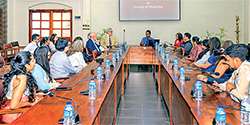
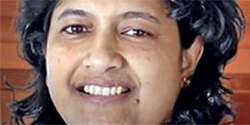


















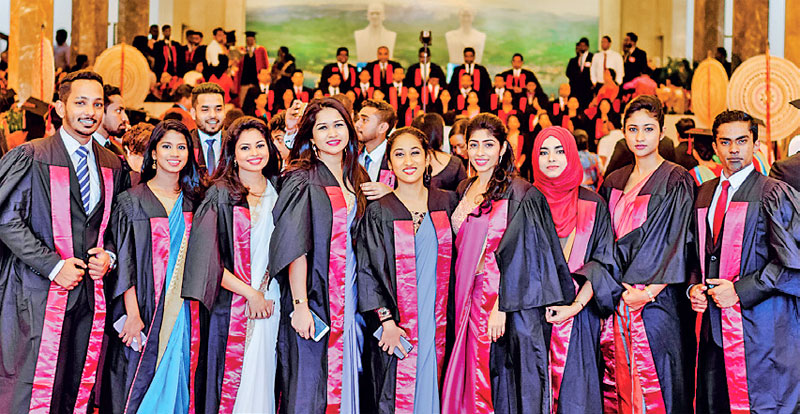

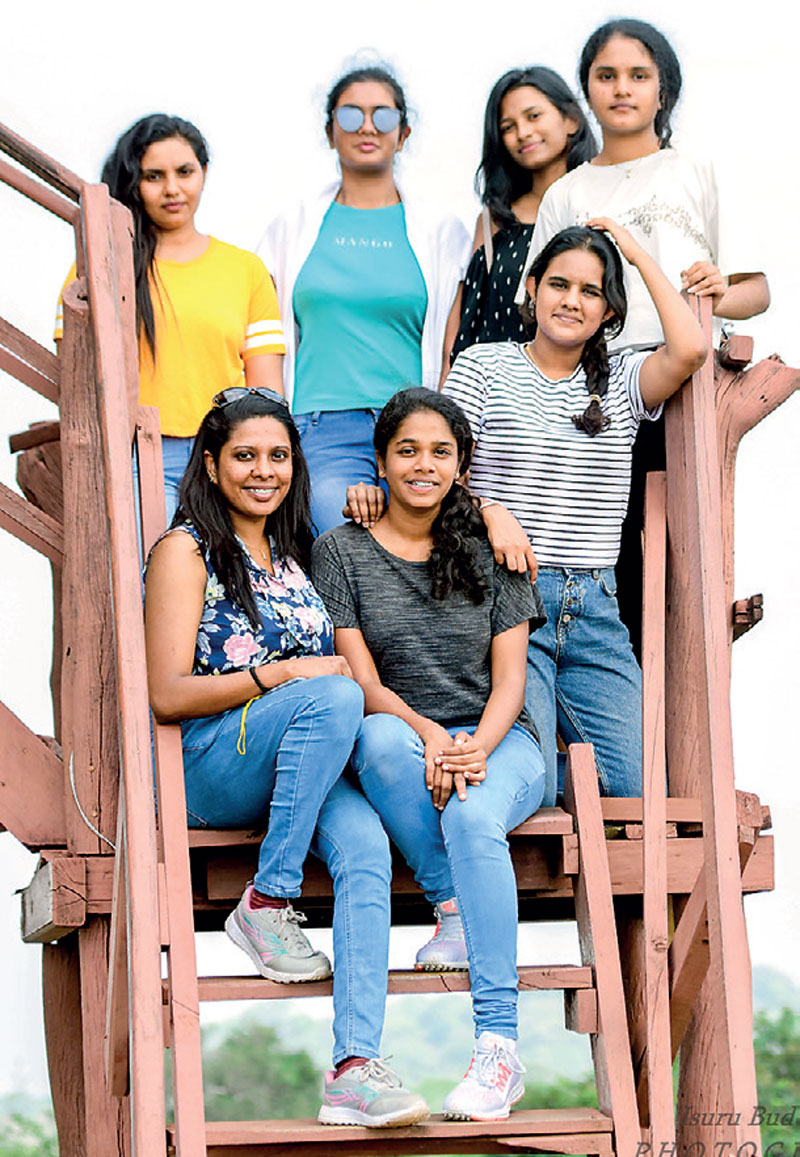
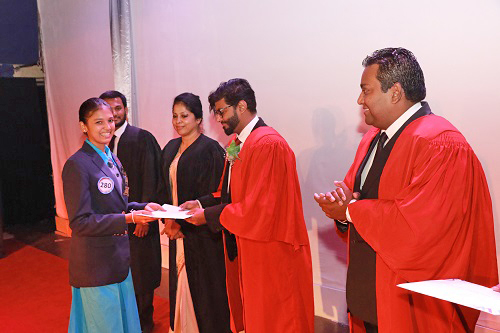
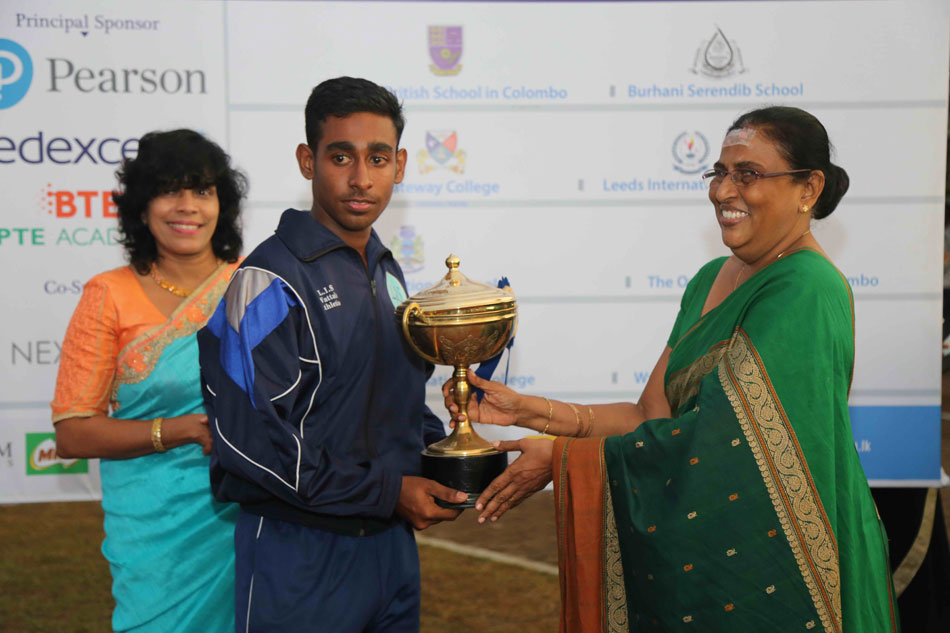
.jpg)
.jpg)
.jpg)

.jpg)
.jpg)
